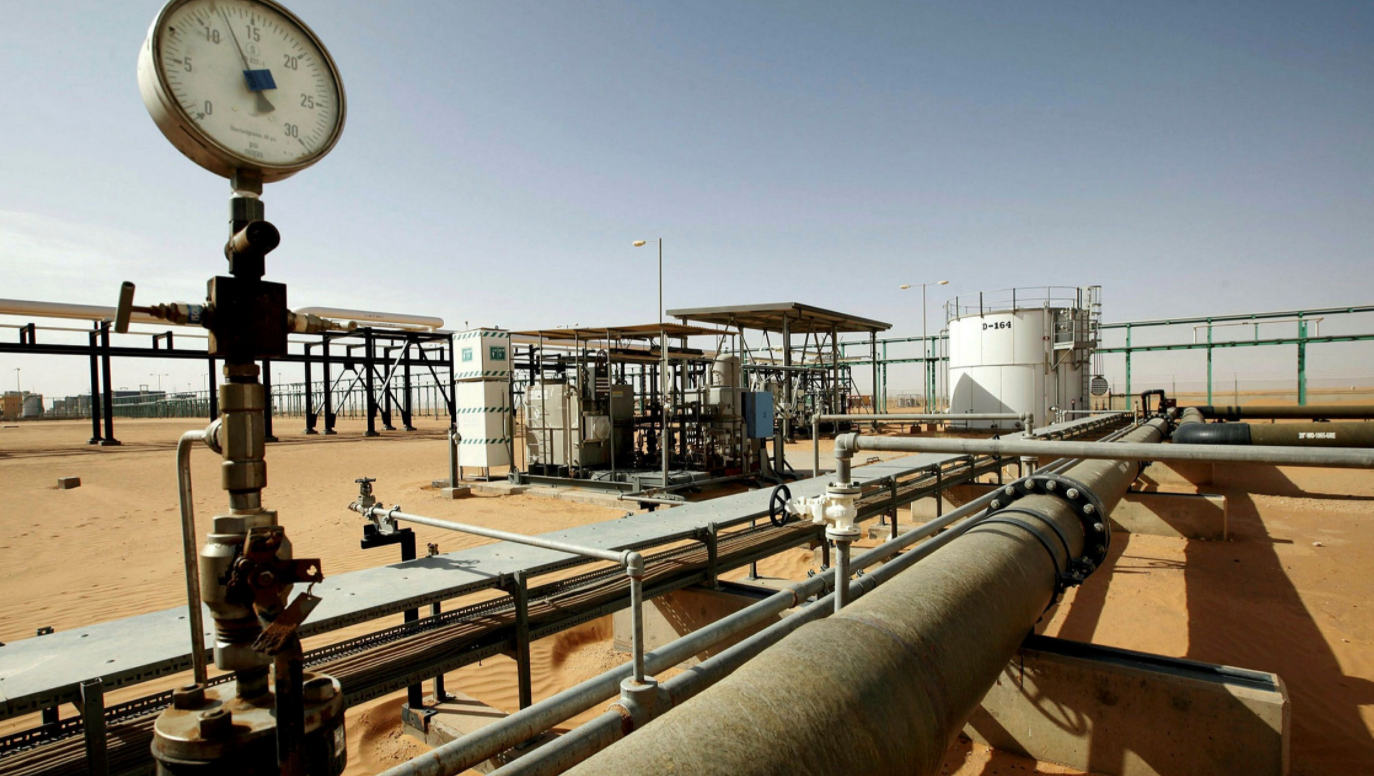- Your cart is empty
- Continue Shopping

New Natural Gas Pipeline in Barents Sea May Reduce Europe’s Dependence On LNG
A potential new pipeline from the Barents Sea to transport natural gas from Norway’s Arctic gas platforms to Europe might reduce the continent’s reliance on LNG imports, according to a new analysis released this week by Wood Mackenzie.
Norway has overtaken Russia as Europe’s top natural gas provider after the latter stopped the majority of pipeline deliveries last year as a result of the invasion of Ukraine.
The LNG export terminal at Hammerfest owned by Equinor is the sole way for natural gas generated in the Barents Sea to reach markets.
To the main Norwegian gas pipeline network, there are no direct connections from the Barents Sea.
The Norwegian Ministry of Petroleum and Energy requested gas infrastructure operator Gassco to investigate alternatives for transporting additional Barents Sea gas to markets in March due to the significance of gas supply to Europe.
In its analysis, Gassco took into account a number of technical options for boosting the Barents Sea’s gas export capacity, including expanding the export capability at Hammerfest LNG, exporting blue ammonia, and building a new gas plant and pipeline that would connect to the existing gas pipeline system at the Norwegian Sea.
According to Gassco, of the three possibilities, a pipeline from the Barents Sea seems to be the most advantageous for society.
In April, Petroleum and Energy Minister Terje Aasland commented on the results of Gassco and noted that increasing export capacity will be essential for further gas exploration and development in the Barents Sea, the sea offshore of Norway with the highest potential to hold undiscovered gas resources.
WoodMac claims that the $5 billion export channel will require government assistance to be implemented.
Daniel Rogers senior analyst at wood Mackenzie said the carbon and socioeconomic argument for a pipeline – and further development of the basin – is strong, but it won’t happen without government support.
According to WoodMac’s analysis, state support of the pipeline or the implementation of a Carbon Border Adjustment Mechanism by the EU to promote cleaner industrial output in non-EU nations on gas imports to Europe would boost the pipeline project’s cost competitiveness.
Source: Allnews Nigeria
